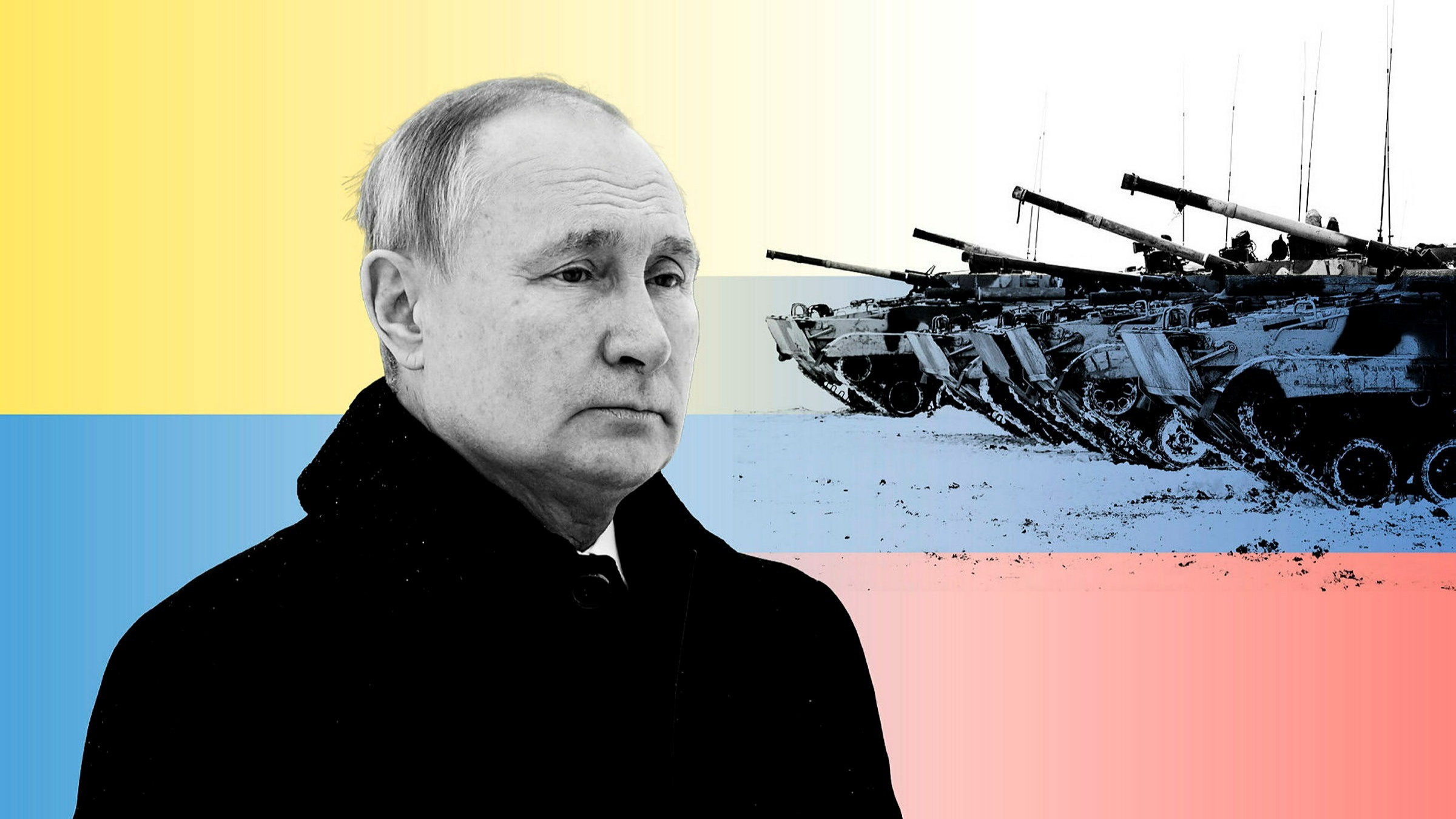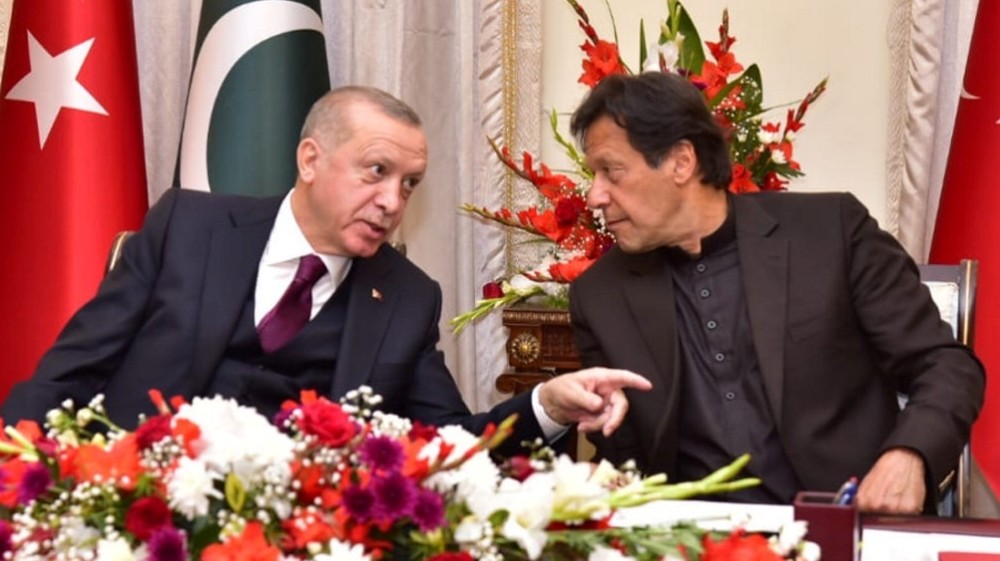Pakistan has mastered the art of running with the hares and hunting with the hounds. Today, it is supplying weapons and ammunition to Ukraine through Europe and at the same time, is planning to buy cheap Russian oil with a view to balancing both sides. One could say this is a good strategy, but it is not one that will succeed in the long run. Look at their proxy war in Afghanistan against the Soviet Union. Having armed the mujahideen to fight the Soviets, it is today those very elements who, like the TTP, are waging war against the Pakistani state. In a sense, Pakistan has been directly responsible for deaths of many Russians and Americans; firstly, during its support of the US-led proxy war in Afghanistan in the 1980s, it was the conduit for training, arming and controlling the “Mujahideen” that fought the erstwhile USSR, causing close to 15,000 Russian deaths. Later, Pakistan adapted and played the same game with the US in Afghanistan, supporting the terror infrastructure and hosting Osama Bin Laden, while appearing to be a US partner in the War Against Terror. The killing of Osama bin Laden in Abbottabad, Pakistan, exposed Pakistani double-speak and actions in front of the world.
Pakistan must be complemented for its guile in managing its relations amidst shifting interests. That is how it manages to extract aid and deals with countries that disregard their duplicity. This applies to both the US and Russia. The latest instance of this can be seen in Pakistan making money off the Russia-Ukraine war by supplying much needed ammunition to Ukraine. Pakistani companies are maximizing their profits and expanding their operations in countries bordering Ukraine. Notably, Liaqat Ali Beg, CEO of Kestral (a defence and engineering consulting firm in Pakistan) travelled to Poland, Romania, and Slovakia in May and June 2022. At that time, Islamabad became part of an air bridge for supplying weapons to Ukraine. The UK used Noor Khan Airbase in Rawalpindi, Pakistan as a key base for the transportation of military equipment for the Ukrainian Army. Defence suppliers and contractors operating in foreign countries were used to channel these shipments to Ukraine. Islamabad-based arms supplier M/s DMI Associates was in contact with Bulgaria-based firm M/s Defense Industry Group to facilitate the supply of manufactured defence stores to the Ukrainian government. Meanwhile, the Slovakia-based defence firm M/s Chemica contacted Pakistan Ordnance Factories ammunition supplier M/s Kestral, on behalf of Ukraine’s Defence Ministry. Pakistan’s shipping and brokering firm ‘Project Shipping’ is also expected to send a consignment of arms and ammunition including mortars, rocket launchers and artillery rounds from Karachi to Poland.
This is not a single-sided transaction as in the return for the arms supplement to Ukraine, Pakistan has asked for Ukraine’s help to service and repair “TV3-117VM Engines” used in Mi-17 helicopters from the Ukrainian Joint Stock Company (JSC) ‘Motor Sich’, headquartered in Zaporizhzhia. This company has been involved with the production of aircraft engines as well as industrial marine gas turbines. The Pakistani military establishment has reportedly signed long-term contracts to continue supplying ammunition to Ukraine well into 2023.
More recently, reports indicate that Pakistan will provide military supplies to Ukraine through a German port, for transferring rockets which will be used in multi-barrel rocket
launchers (The Economic Times, 11 February 2023). Earlier this month, rockets were dispatched from Karachi Port, which is to reach Ukraine, via Germany’s Emden Port. More than 10,000 rockets to be used in Grad multi-barrel rocket launchers have been shipped. Last month, 46 containers belonging to Pakistan Ordnance Factories were supplied by shipping Karachi based firm Project Shipping. Also, Pakistan Ordnance Factories sent another shipment of 50,000 defence stores via Karachi last month. Pakistan’s shipments are also being transferred to Ukraine via Gdansk Port in Poland. Poland has gone beyond just being a transit state for transfer of Pakistani arms to Ukraine, with a Polish entity signing a MoU with a Pakistani company for supply of defence equipment to Ukraine. Some other Pakistani and Polish companies are also involved in transfer of the equipment, while a Canadian firm is acting as an intermediary.
The true meaning of interdependence becomes clear when it is seen that Pakistan seeks to “operationalise” the oil deal with the Russians and get discounted Russian oil, by late March 2023.This was highlighted during the Eighth Session of the Pakistan- Russia Intergovernmental Commission on Trade and Economic, Scientific and Technical Cooperation, held in Islamabad on 20 January 2023, which was co-chaired by Pakistan Minister for Economic Affairs Sardar, Ayaz Sadig, and Russia’s Energy Minister, Nikolay Shulginov, accompanied by an 80-member delegation including members from the business community from Russia. As per the Joint Statement, “Both sides have agreed to work on a ‘Comprehensive Plan for Energy Cooperation’, which would form the foundation for future work and is to be finalized in 2023.” The countries also signed an agreement on custom matters, a protocol on the exchange of documents and data on the customs value of goods transported between the countries, and a working agreement on aeronautical products. Apart from that both sides discussed the Pakistan Stream Gas Pipeline Project (PSGPP) (1,100-kilometre pipeline) stretching from Karachi to Punjab on which Pakistan and Russia have signed two agreements, in 2015 and 2021 is said to cost US$2.5 billion. Construction was slated to begin last year but could not be started due to global sanctions on Moscow. The Joint Statement stated both countries discussed, “innovative ways of doing business, including through barter” and agreed to explore the option further. The oil deal now, when Pakistan is in a financial mess, is a necessity for the country, but may not be so for Russia. These developments must be seen in the context of Pakistan continuing to covertly supply weapons and ammunition to Ukraine. In the long run, however, Pakistan knows that in its present economic predicament it has little option, but to explore all options to survive. Russia is aware of this and will do business as this suits it commercially. That is the ground reality of geo- politics and geo-economics today. However, the method by which nations get around this conundrum will determine their trajectories in the future. Pakistan is yet to learn this lesson.











